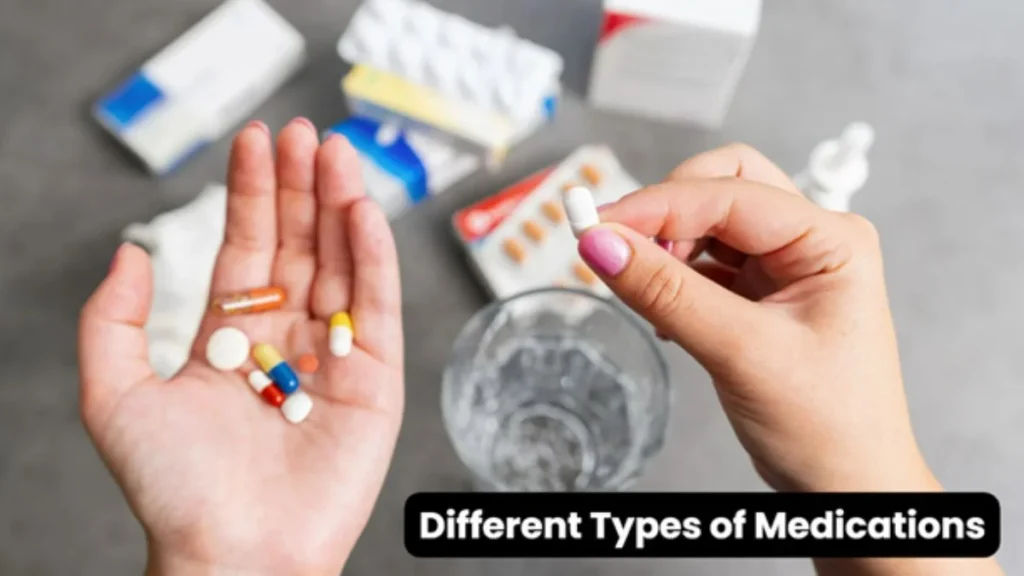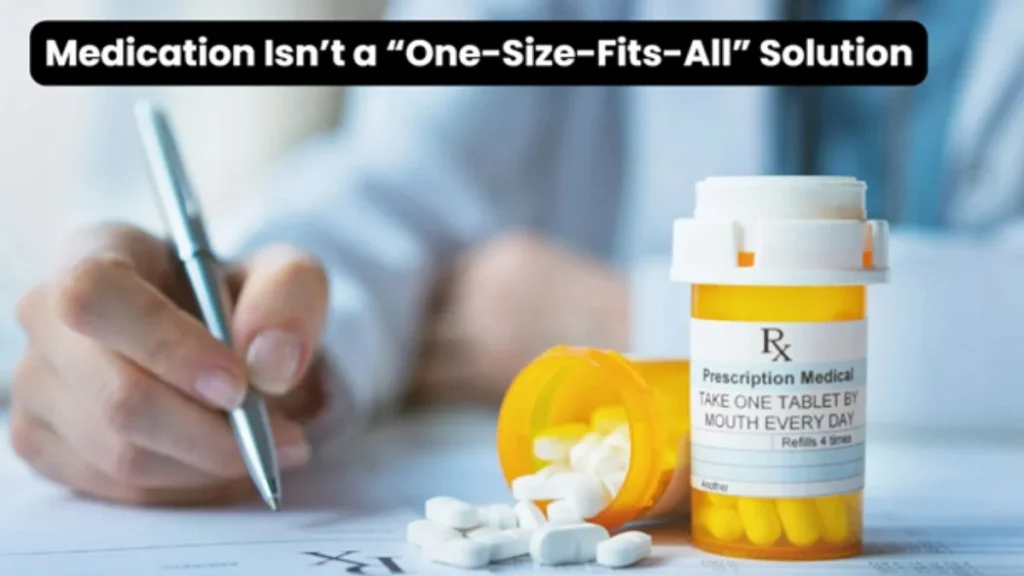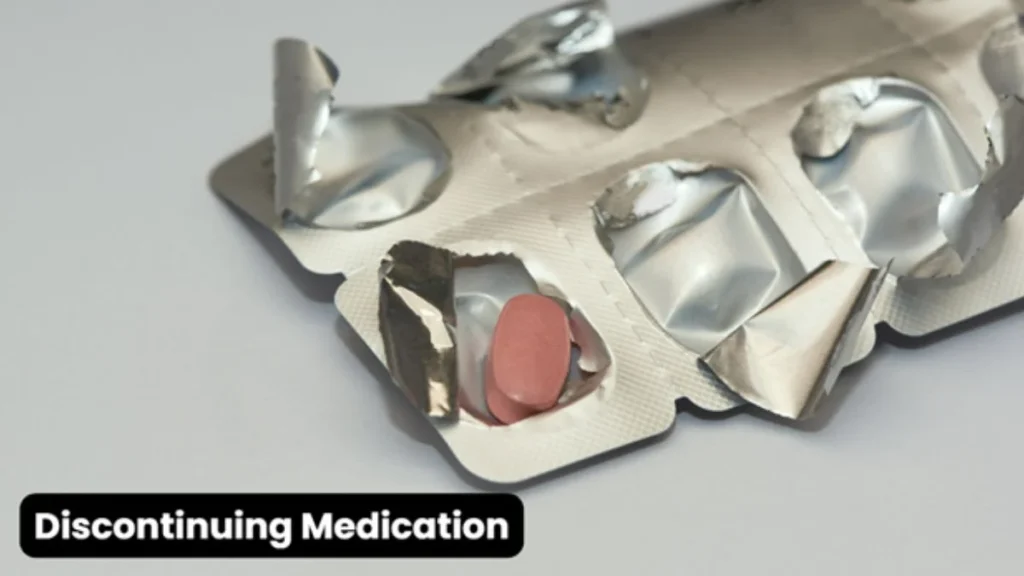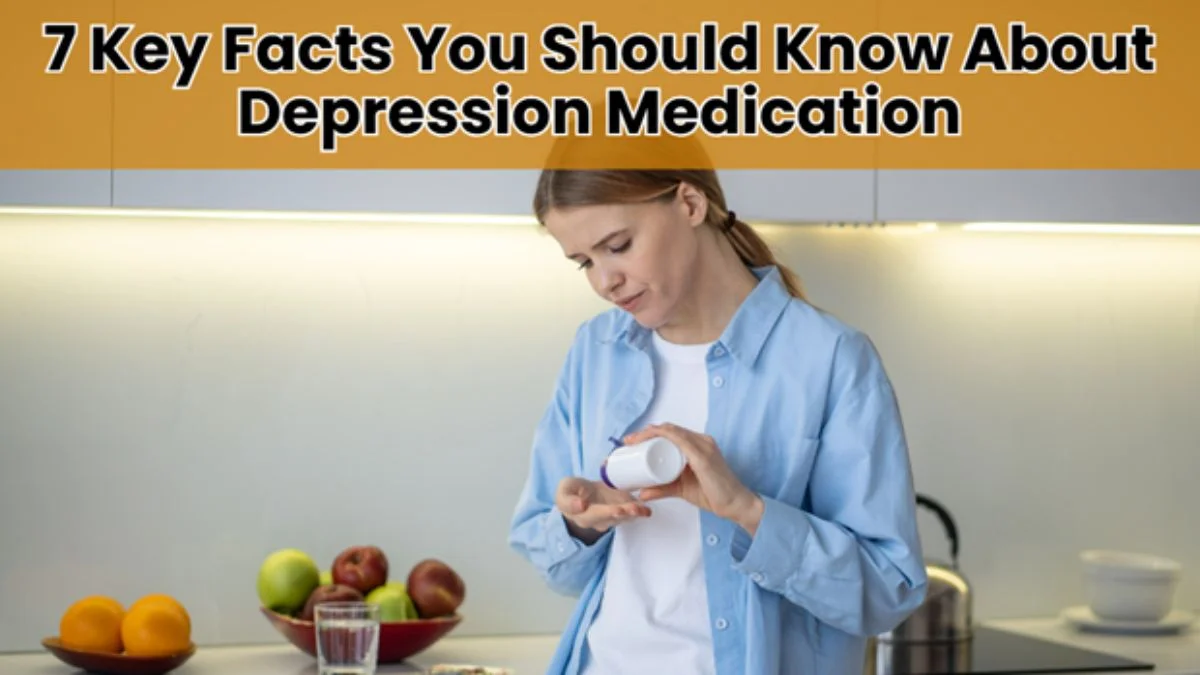Do you wonder if medication will help ease the burdens of depression? The journey can be complicated when exploring if medication is an option as you search for relief from the weight of depression.
Many find themselves empowered and reassured simply by understanding how these medications might work, what they’re capable of, and how they might impact their recovery. Here are seven fundamental facts to help you make decisions about depression medication as a part of your mental health journey.
1. Depression Medication Is a Tool, Not a Cure
Depression medication may be an important part of managing symptoms, but its use is not a therapy for depression. Depression generally results from a combination of biological, psychological, and social factors. Medication is essentially biological because it focuses on stabilizing brain chemistry, which then brings down the intensity of symptoms.
However, because depression is indeed a complex condition, many must be treated through an interconnected approach for true long-term management. Medication, then, can be beneficial by possibly stabilizing mood and helping reduce symptoms so that individuals are mentally able to become more open to therapy, connect meaningfully with others, and adopt lifestyle habits that support ongoing well-being.
In cases involving young people, an approach that includes specialized teen trauma treatment may be particularly helpful. This is because it addresses both emotional challenges and developmental needs, supporting a more comprehensive path to healing. Such tailored care can make a significant difference in long-term recovery.
2. Different Types of Medications Work in Different Ways

There are several different types of antidepressant medications, each with different ways of acting to alleviate symptoms. There are three types.
- SSRIs (Selective Serotonin Reuptake Inhibitors): Typically, the first drugs prescribed are SSRIs. These raise the level of serotonin in the brain. Serotonin is sometimes called the “feel-good” chemical because it controls mood. Common examples of SSRIs include fluoxetine (Prozac) and sertraline (Zoloft).
- SNRIs (Serotonin and Norepinephrine Reuptake Inhibitors): These drugs increase serotonin as well as norepinephrine levels. They are probably most helpful for patients who have depression together with somatic symptoms that are present, such as weakness and inability to think. Examples include venlafaxine (Effexor) and duloxetine (Cymbalta).
- Atypical Antidepressants: They do not quite fit neatly into the SSRI or SNRI category, but may work for a few people. For example, bupropion (Wellbutrin) affects the levels of dopamine and is particularly helpful in cases when someone is just not feeling motivated and has no interest.
- Tricyclic Antidepressants (TCAs) and MAOIs (Monoamine Oxidase Inhibitors): These are the oldest lines of antidepressants used mostly when other treatments failed to work. Although efficient in use, they tend to hold a higher risk of developing a side effect; as a result, they have recently been less used than prescribed.
Each medication has its unique effect on the brain, and one thing that works for someone may not work for another. Consultation with a health provider is very necessary in finding a fit.
3. Medication Isn’t a “One-Size-Fits-All” Solution

Depression drugs sometimes come after extensive and individualized trial and error. One person’s response may vary from another; sometimes it requires some testing and titration to determine which drug is best suited.
Some lucky patients are prescribed just the perfect drug with very few side effects. Others, however, may require attempting different medications or using different doses.
In addition to figuring out how well a drug works, providers also determine which drugs have more side effects, as all drugs do have a side-effect profile. The entire process of trying to find the right drug can be frustrating, but it will be crucial to keep open communication with your provider in the process.
4. Side Effects Are Common But Manageable

Side effects can always be brought up as an issue whenever depression medication is being considered, but some side effects are predictable. These vary with drugs but may include dryness of the mouth, some form of sleep disturbance, dizziness, or disturbances in appetite. While quite uncomfortable, most side effects tend to be temporary, most improving after the first week or two as the body gets accustomed to the changes.
If side effects cause distress, discuss with the healthcare provider. There can be suggestions to mitigate this discomfort, change the dosing, or use alternative drugs with a different effect profile. Communication is helpful: often, there may be alternatives that allow them to continue treatment without negative impacts on daily life from side effects.
5. Patience Is Essential: Medications Take Time to Work
Most people would start feeling better within two to four weeks, but a few might take up to eight weeks to feel full relief. This period might be a challenge for some people in expectation of instant relief. However, it is critical to remain on the given dosage and not lose hope if one feels that results are taking too long to manifest.
This slow progress is due to how antidepressants work in the brain. They change levels of neurotransmitters, which then leads to better stability of moods. During this early stage, a healthcare provider will probably make a few appointments to check up on one’s progress and adjust anything that needs changing.
6. Medication Often Works Best When Combined with Therapy
Medication can be helpful to control symptoms, but the best use of medication usually comes in conjunction with therapy. Medication deals with chemical imbalances in the brain, while therapy aims to change the thought patterns, behaviors, and emotional responses that lead to depression.
Therapy while on medication is useful. Therapy empowers one with tools and skills that end up leading to permanent recovery and resilience. For example, CBT can assist one in realizing thought patterns leading to depression, while the mindfulness-based approach encourages a person to be aware of themselves in the present moment, and it promotes self-acceptance.
7. Discontinuing Medication Should Be Done with Care

If the time comes to think about stopping medication, that should be done under a healthcare provider’s guidance. Abrupt discontinuation of depression medication can lead to some uncomfortable symptoms, sometimes referred to as “discontinuation syndrome,” which may include irritability, dizziness, or flu-like symptoms. In addition, sudden medication cessation increases the risk of a return of depression symptoms.
A tapering plan created by a healthcare provider may be gradual, allowing the body to adjust and minimize the occurrence of withdrawal symptoms. Tapering also creates a window to determine whether the time has come to stop medication, which frequently is determined by how someone is managing their symptoms outside of medication, such as with therapy and lifestyle changes.
Conclusion
It is an extremely personal decision to choose medication as a treatment for depression, but knowing these essential facts can help guide the decision. Medication for depression does indeed offer a highly useful tool in managing symptoms when used as part of an overall approach that may also include other strategies, like therapy and self-care activities.
Through education, communication with healthcare providers, and recognizing the place of medication as part of a comprehensive approach, you can take important steps toward relief and bettering your health.
FAQs
What is the primary purpose of depression medication?
Depression medication helps manage symptoms by balancing brain chemicals, making it easier for individuals to engage in other forms of treatment, such as therapy and lifestyle changes.
How long does it take for depression medication to work?
Most people notice an improvement within 2-4 weeks, but it can take up to 8 weeks to feel the full effects.
Are there different types of depression medications?
Yes, there are several types, including SSRIs, SNRIs, atypical antidepressants, tricyclic antidepressants, and MAOIs, each working differently in the brain.
If you find this article helpful, click here for more.









